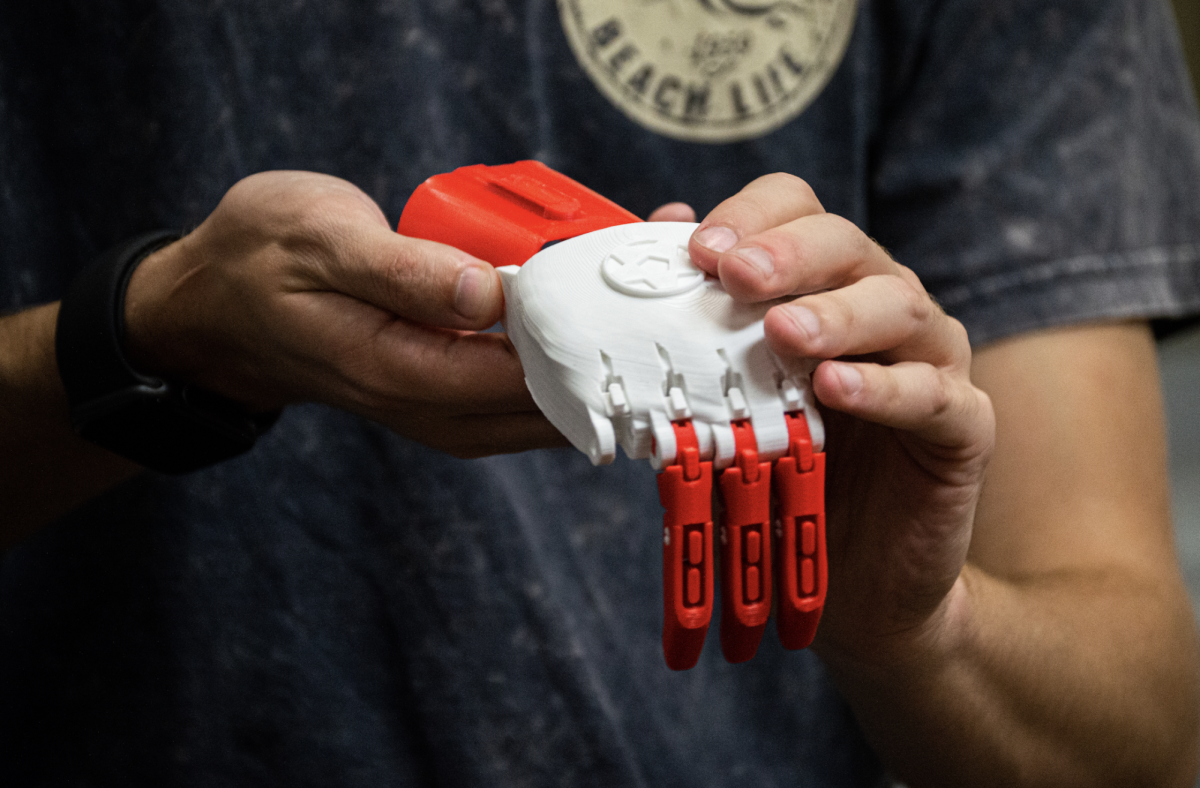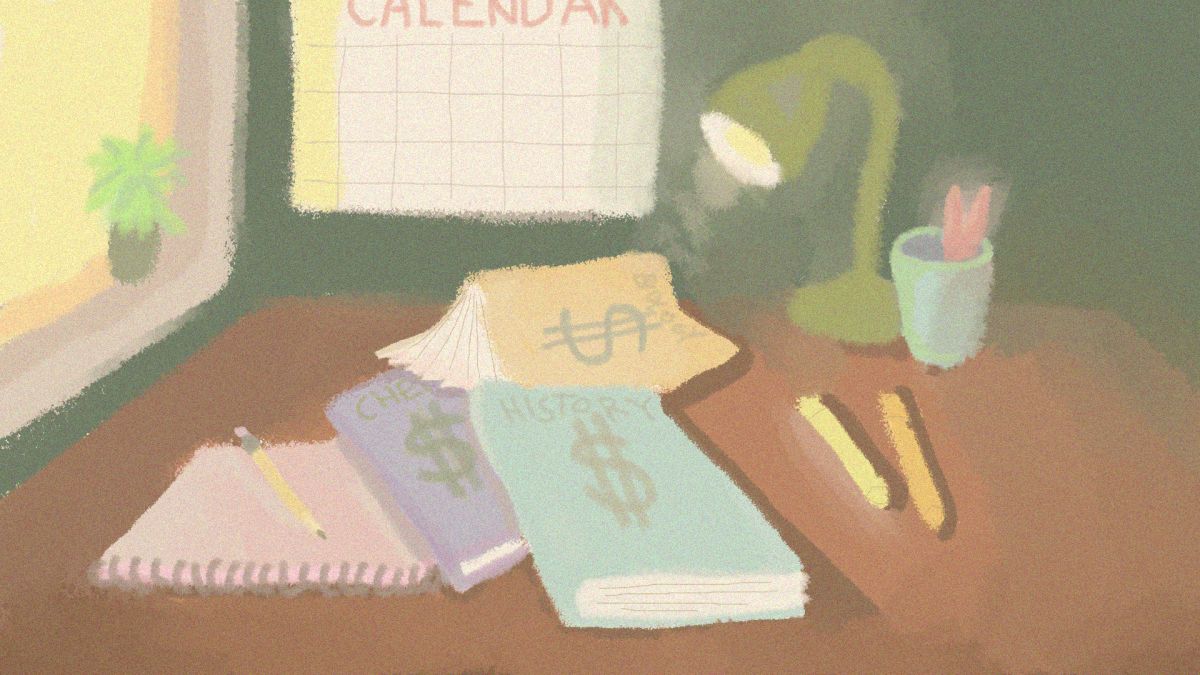Tailgating at home football games will take on a new flavor this season.
Chancellor James L. Oblinger created the Football Task Force last fall because of complaints that tailgating at home football games had gotten too rowdy. The task force, composed of students, faculty, staff and representatives from the Wolfpack Club and the Alumni Association, recommended the rule changes.
According to John Dailey, Deputy Director of Campus Police, the major changes this season include the restriction of listening levels for music in the parking lots, the banning of kegs, the requirement of a picture identification for everyone consuming alcohol and the restriction of tailgating hours (all N.C. State parking lots are closed until four hours prior to kickoff).
“[The changes] were made because over the course of the past several years, we continued to get indications of concern about the behavior of our fans in the tailgate areas, and, of course, we continue to be concerned about what happened two years ago when we had that tragic shooting,” Tom Stafford, Vice Chancellor for Student Affairs and co-chair of the task force, said, referencing the incident two years ago in which two people were killed while tailgating.
There were discussions of NFL-style pat-downs of fans prior to entering the stadium, but the proposal was shot down.
“They’re not going to do the pat-downs because it was facing criticism mainly from a lot of rich alums who didn’t want to get patted down,” Forrest Hinton, former Student Senate president, said. “They recommended that change but it never happened.”
To enforce the new policies, Dailey said there will be a number of police officers in the parking lots. Patrons or fans can also call the police and make a complaint.
If students violate the University policy, they will probably be referred to Student Conduct and may receive a criminal citation, according to Dailey. Those not affiliated with the University will be asked to leave or be trespassed from the property.
“Anybody that is sanctioned that day is going to be trespassed from the football stadium for at least 30 days — students or non-students,” Dailey said.
How students feelTommy Hinnant, a sophomore in the Agricultural Institute, said he can understand the restriction on the music as long as it’s not too extreme of a limit. He also said he agrees with the ID checks, even though he thinks it won’t sit well with some students. The new kegs and tailgating policies, however, are a different story.
“I don’t really get the banning of kegs. Alcohol is alcohol whether it’s in cans, bottles or kegs,” he said. “When it comes to the hours, I understand them wanting to limit it, but tailgating is an N.C. State tradition and I think there shouldn’t be a time restriction.”
Mike Whitley, a junior in computer science, said the new policies won’t have a big effect in regards to alcohol consumption.
“They wont be able to catch everyone that is drinking, so I find it hard that they could verify their identification,” he said. “I mean it won’t affect who is drinking.”
Last September, in response to the formation of the football task force, the Student Senate introduced Resolution 39. Entitled “Restricted Tailgating Act,” the resolution condemned the four-hour access rule to football parking lots because “regular pronouncements of strict enforcement create fear, uncertainty and doubt that discourage[s] tailgating participation.”
“This was back during the beginning of the year when everything was being brought up about tailgating restrictions and time changes and the big thing was that the whole part about restricting tailgating times caused bigger problems,” Adam Compton, Student Body Treasurer and sponsor of the bill, said.
Compton said that by restricting tailgating times, students may drink at home instead of in a controlled environment, then go to the game and sober up before they go home, resulting in cases of students drinking and driving. He said, however, that he understands where most of the changes came from.
A change in environment?Some students and administration don’t feel that the new policies will have an effect on the tailgating environment but won’t know for certain until the season starts.
“When it comes to the ID deal, if underage people want to drink, they’ll find a way even if it’s a risk. Now not allowing kegs might cause more trash, but that’s the only thing I think will really change,” Hinnant said, adding that he plans on tailgating a lot this year.
Whitley said the new policies won’t have much of an effect on the environment at all.
“Aside from only opening up four hours before the game and no kegs, it’s just the same — people will still drink, they will still play music, maybe not as loud,” he said. “[The] only thing that is affected is they won’t be able to tailgate as long, so I don’t think it will change that drastically.”
Compton agreed.
“I think things may be a little bit tighter, but I don’t think it’ll change the environment a whole lot,” he said. “I think people will still be able to go out there and tailgate and have fun.”




